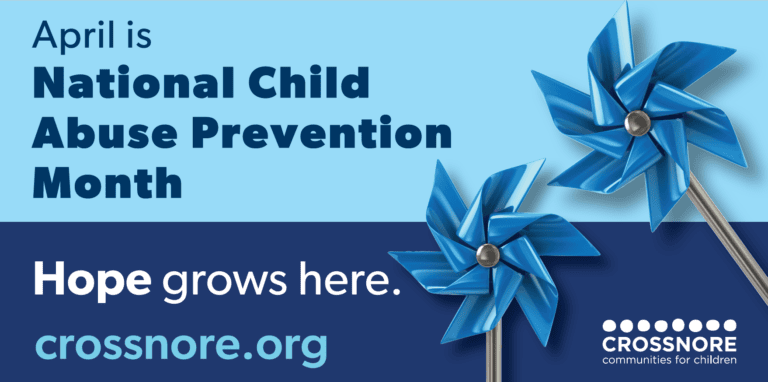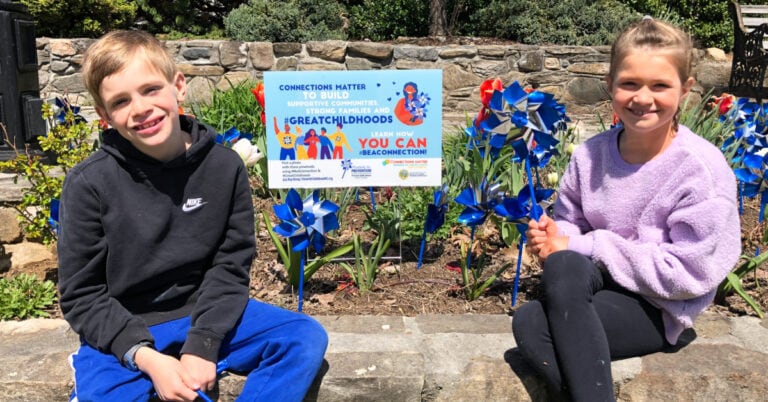by Dr. Sarah Norris, Chief Programs Officer
The United States is several years into a child welfare transformation law we call “Families First.” This law, the Family First Prevention Services Act (FFPSA), was signed in February 2018. Since then, all states have been making changes to fully implement the law. The premise of FFPSA is built on keeping families together, ensuring that children can live with a family if they must be removed, and improving access to high quality residential treatment where needed. See this previous blog post to understand the history of FFPSA and what it means.
FFPSA centers around system change. Any system revision takes funding. With this law, there is a change in how federal funding can be used by states. This legislation shifted the focus from paying for foster care placements to paying for prevention services. States can still access funds for placements. However, the focus of funding investment has changed to prioritize prevention services. This law also includes restrictions on types of foster placements covered by federal funding. Since October 2021, North Carolina has used what’s called “Bridge Funding,” a state fund allotment, to cover the losses from no longer receiving reimbursement for some placements. Bridge Funding lasts through October 2023.
Filling the Gaps in Family First Prevention Services Act
Within each state, agencies like ours have had to adapt to meet the changes of FFPSA. At Crossnore, we believe in the philosophy of FFPSA and are committed to do the work to make sure our clients get what they need and deserve. Meeting clients’ needs differently takes innovation. We have focused on strengthening our service continuum to ensure no family falls through the cracks as their needs and life circumstances change. We have a robust service array that meets a family where they are. The goal is always to ensure each child remains safe. We do this with a focus on healing and finding home, wherever that might be for them.
At Crossnore, we have worked endlessly to ensure our programs best serve our clients within the FPPSA context. Our strategic plan guides our work of optimizing and innovating what we do to meet families’ needs.
Bridging Families
Our hope is that working with children and families now will not only meet current, immediate needs, but will make a lasting impact for their future. In line with FFPSA, one of our newer programs, Bridging Families, reframes working with children in foster care, focusing on reunification with their family of origin.
Children deserve their own families and need family to thrive. Bridging Families focuses on family time and parent-child connection as a key component of the reunification process. This concept is much different from the historical view on visitation between parents and their children in foster care. Our hope is that family time and bonding will build resilience in children. It will also motivate parents to strive to meet their goals so their children can go home sooner. Currently, we provide Bridging Families on our Avery campus. We are soon to launch the program in our other regions as well.
Homebuilders and Family Preservation
Homebuilders© and Family Preservation services are two of our services on the prevention end of our service continuum. Both services work with families and their children in their homes, with a goal of maintaining their family unit without disruption. Both utilize clinical skills and solution-focused interventions to stabilize family circumstances.
The main difference between the two programs is the intensity level of our work with them. We are able to meet their level of needs either way. Currently, we provide Homebuilders© in our Triad region. And we plan to launch the program in our other regions this year. We are currently launching Family Preservation Services in the Triad as well.

Youth Independent Living
Another group that is emphasized in FFPSA is youth in foster care who are between the ages of 18 and 21. Our Youth Independent Living Program, which serves this age group, is running strong on both our Avery and Winston Campuses. We recently had students move into openings in the program after graduating high school this past year.
Project Safe Home
In addition to launching programs that work with families within a “Families First” context, we continue to advocate with North Carolina leadership on aspects of FFPSA that are not yet clarified. For example, within FFPSA, there is an emphasis on how and where youth at risk of sexual exploitation can and should be served best and what funding is available for their placements. North Carolina must make a decision regarding how those children will be identified, so the state can access federal funding to support their needs.
Last year, we launched our Project Safe Home initiative to bring to light the risk of sexual exploitation youth face and what can be done to mitigate risk. Along with several other agencies across the state, our agency has been collecting data since 2019. We use an evidence-based tool called the Commercial Sexual Expolitation-Identification Tool (CSE-IT). And we have provided our research, data, and recommendations to state leadership for review.
Staying Ahead of Changes
Implementation of the Family First Prevention Services Act is happening now. And we must continue to stay ahead of changes to advocate for the right ones. Our hope is always that change does not happen just for the sake of change. But rather, the right changes happen to improve lives now and impact family generations in the future.



